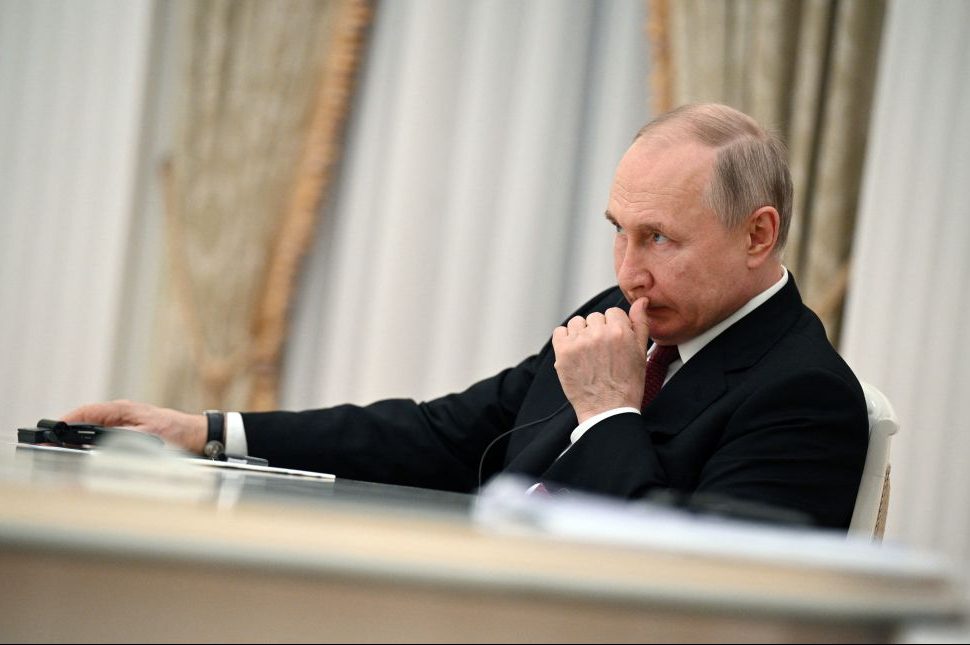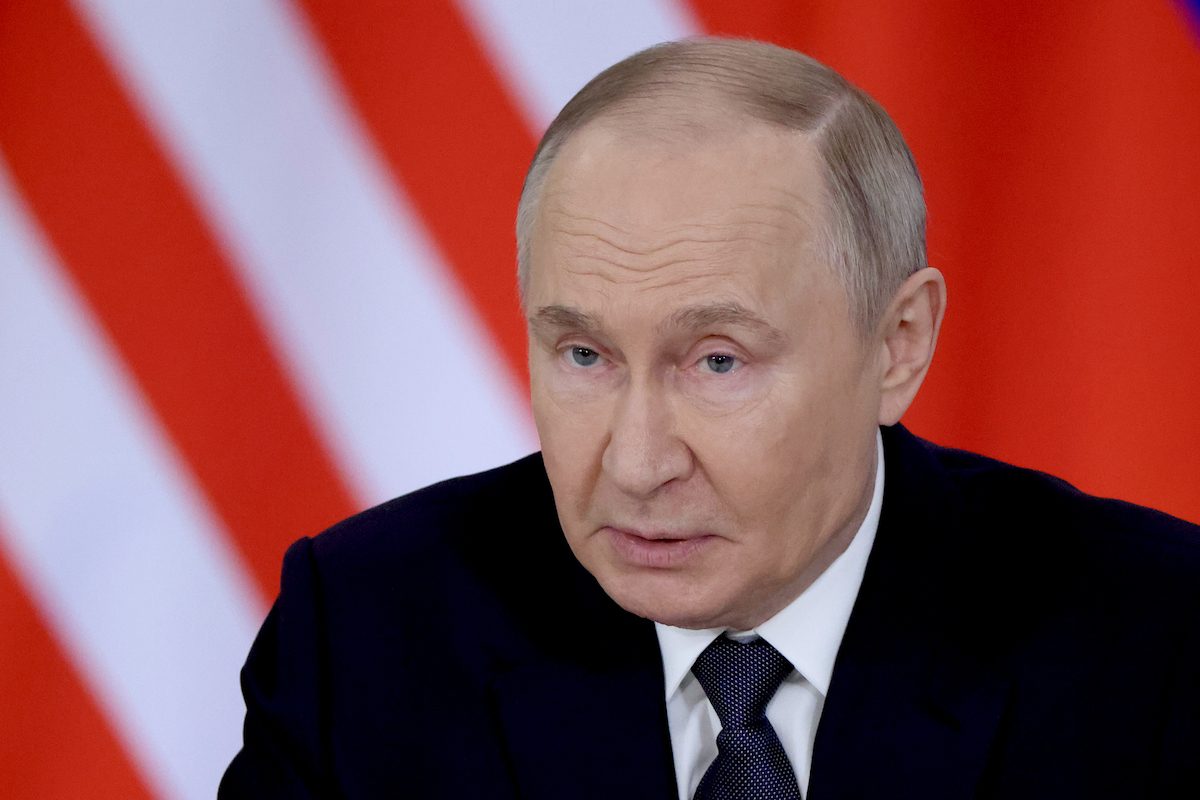According to Moscow, Ukraine’s long-awaited counteroffensive has begun, and has begun badly for Kyiv. Of course, we need to treat the Russian account with all necessary skepticism, but the evidence is that the droney, phony war stage of this campaign season is ending and the real fighting is beginning.
The unverified Russian claim is that Kyiv launched a “large-scale offensive in five sectors of the front in the South Donetsk direction,” which was beaten back at the cost of some 250 Ukrainian casualties and the loss of a full sixteen tanks and twenty-four other armored vehicles. Even by the Russian account, this attack comprised just six mechanized and two tank battalions from two of their newly created brigades, the 23rd and the 31st, or some 3,500 troops in all. This would make it significant, but hardly the kind of serious assault Kyiv could launch. Instead, if real, it could represent a feint, a probing attack, or the advance guard of a larger offensive.
This does suggest a rising tempo of operations in keeping with the start of the main phase of the counteroffensive
At the same time, there are accounts of fighting at Soledar northeast of the recently-captured city of Bakhmut, and Vuhledar, towards the southern Zaporizhzhia region. Meanwhile, Ukrainian drones, rockets and missiles have targeted occupied Berdyansk and Melitopol as well as the Dzhankoi air base in Crimea. Russian pro-Kyiv volunteers also again crossed the border into the Belgorod region and entered the village of Novaya Tavolzhanka, taking two prisoners of war.
Kyiv is rightly unwilling at present to tip its hand. The defense ministry put out a video noting that “plans love silence. There will be no announcement of the start.” Defense minister Oleksy Reznikov even tweeted some Depeche Mode lyrics: “Words are very unnecessary; they can only do harm.” Nonetheless, this does suggest a rising tempo of operations in keeping with the start of the main phase of the counteroffensive, with Kyiv seeking to divert Russian forces and efforts from their eventual main line of attack.
It is impossible to draw any meaningful conclusions about the situation on the ground right now, but what is striking is the lack of any clear narrative or unity on the Russian side. The Kremlin at present seems eager to claim a victory but downplay the notion that this is the start of something bigger. The Belgorod attack has so far received much more attention than the “large-scale offensive.”
The Russian defense ministry, on the other hand, is desperately seizing whatever potentially positive news it can. It claims that chief of the general staff Valery Gerasimov, wearing his second hat as overall joint force commander in the war, was at a forward command post and personally took charge of repulsing the Ukrainian attack. For months, he has been a punching bag for critics such as Yevgeny Prigozhin, head of the Wagner mercenary unit, so he needed some kind of good news, whether fabricated or true.
As for Prigozhin, he is not willing to acknowledge any good news. He is continuing his feud with the regular military and the whole government structure, warning that “we have a problem with eggs [balls] in our country” after Belgorod governor Vyacheslav Gladkov failed to meet with the pro-Kyiv Russians to negotiate the release of their prisoners.
In any case, Prigozhin was more exercised by his claim that when Wagner had tried to withdraw from Bakhmut last month, regular troops laid mines in their path. In an extraordinary move, Wagner produced a video in which a man claiming to be the lieutenant colonel in command of that unit — and with a conspicuously freshly-broken nose — confessed to telling his men to open fire on Wagner. That Wagner could apparently seize an army officer and produce a staged confession suggests that tensions between them and the defense ministry are actually getting worse than ever.
These kinds of video are typically more the stock in trade of Chechen warlord Ramzan Kadyrov: anyone expressing even the faintest criticism risks being seized by his security forces and forced into a cowering mea culpa. Kadyrov himself, fresh from his own spat with Prigozhin (when the latter dared suggest one Chechen battalion could not control the entire Donbas region, almost half as big again as all of Chechnya), performatively offered the services of his men to “deal with the terrorists” in Belgorod region.
A leitmotif of the war to date has been Kadyrov’s efforts to claim maximum loyalty to Moscow while in practice keeping his men out of the line of fire, so they can concentrate on filming exciting videos to put on social media. Considering the need to respond quickly to the incursion, and the time it would take to rotate Chechens there, he knew this was another bluff unlikely to be called.
It is no wonder that so many Russian commentators are despairing. Some criticize Gladkov for being willing to talk to “terrorists,” others for not going through with a meeting. Some criticize the defense ministry for not funding volunteer territorial defense militias in Belgorod, while prominent “turbo-patriot” Igor Girkin rightly notes that this is just the kind of diversion of resources for which Kyiv must be hoping. With the Kremlin, the military, Prigozhin and Kadyrov all pulling in different directions, though, so far there is no real sense Moscow has any real strategy other than to hunker down and weather whatever storm Kyiv sends its way.
This article was originally published on The Spectator’s UK website.

























